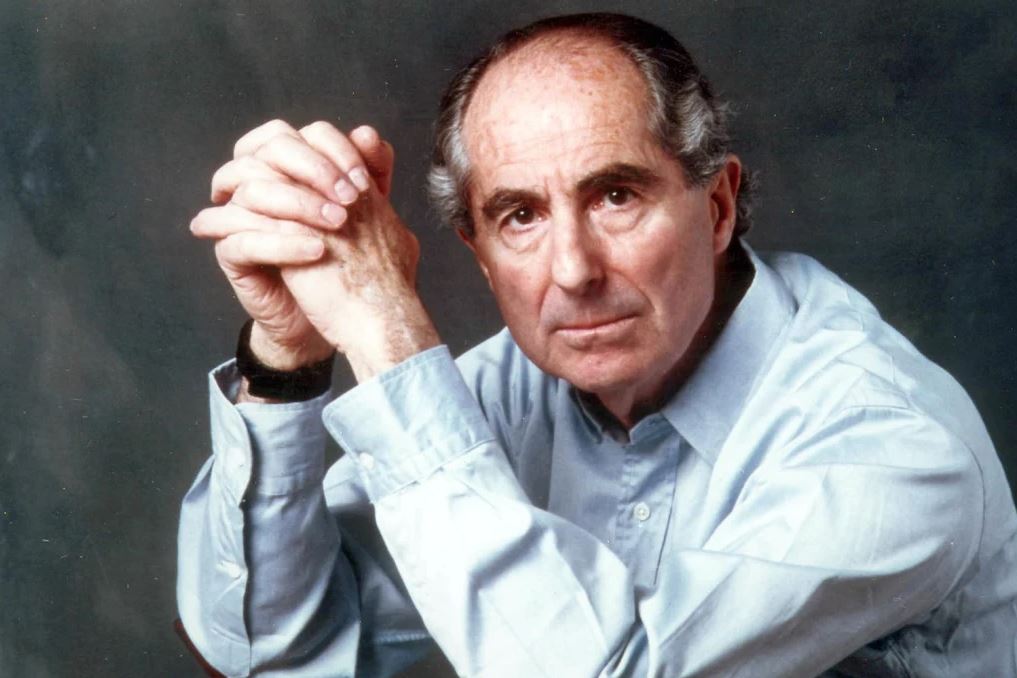Few novels left me as breathless and, as we might say on the shrink’s couch, as conflicted as Philip Roth’s Portnoy’s Complaint. I first read it in my mid-to-late teens, the time when we suddenly become conscious of who we are. As the daughter of Holocaust survivors in suburban Caulfield, I was starting to ask myself if I felt Australian. The answer was … eh, sort of.
I’d been reading modern American Jewish writers – Chaim Potok, Leon Uris – out of some vague sense they were speaking to me directly. They wrote edifying and morally weighty books about the Jewish condition.
I had assumed Roth, whose New Jersey parents were the children of Yiddish-speaking immigrants from eastern Europe, would offer more of the same.
But Portnoy’s Complaint turned out to be a wank. Literally. Framed as Alexander Portnoy’s monologue to his psychiatrist, the 1969 bestseller of the future literary giant man is a masturbatory novel. It is one of the works being discussed afresh as a new biography of Roth reignites debate about the legacy of morally flawed authors post #MeToo.
In the novel, Portnoy moans about his overbearing mother – “one of the outstanding producers and packagers of guilt in our time” – his chronically-constipated, underachieving father, his unrelenting libido and his unrelenting self-loathing. He confesses to an unspeakable violation of a piece of liver in the fridge.
Read the article by Julie Szego in The Sydney Morning Herald.

